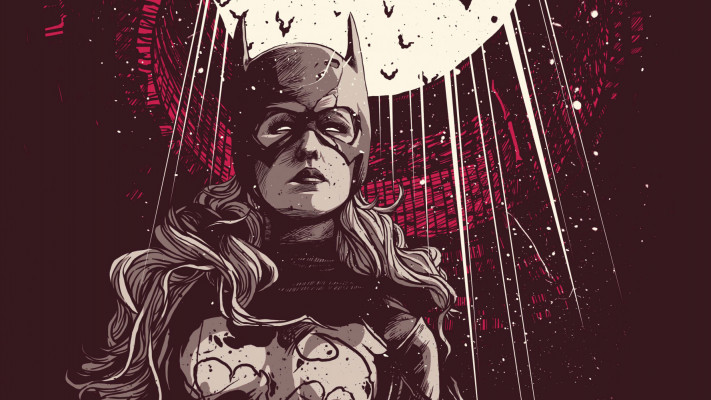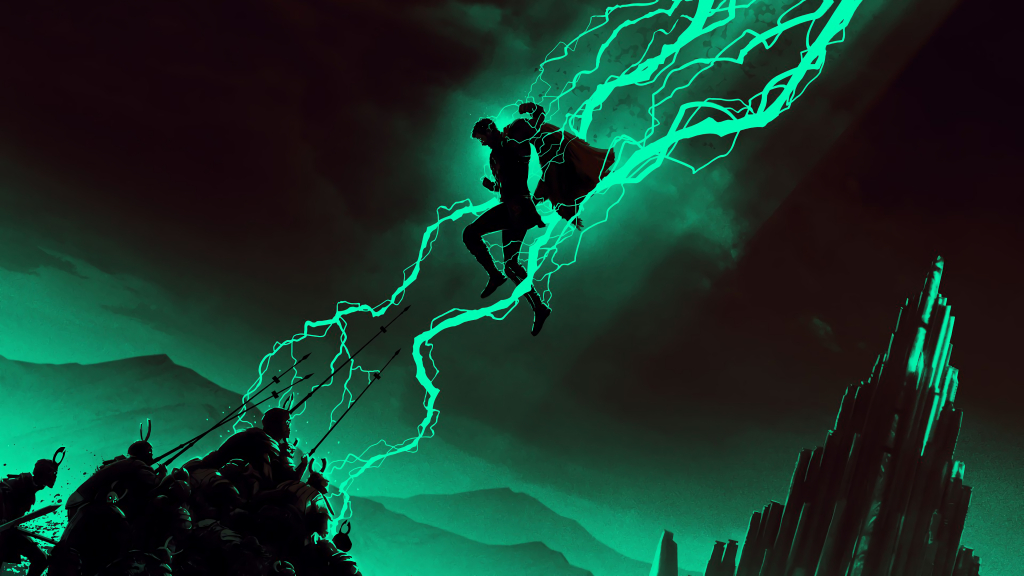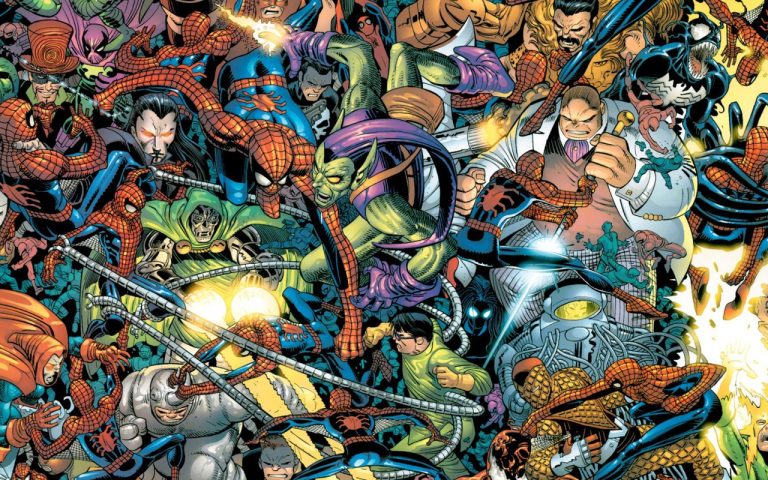In the West, comics, or graphic novels, have long been part of the culture, while in Russia they have appeared relatively recently, but are gaining ground more and more firmly. If readers used to associate comics with funny cartoons and superheroes, now more and more comics come out on serious topics: from the problem of fathers and children to the Holocaust. Comics have made their way into non-fiction as well:
 they tell the biographies of great people or explain scientific topics. Both publishers and readers gradually began to understand that comics are just a form (text + graphics) with which you can express almost anything: from funny adventures to tragedy. Comics have ceased to be considered exclusively entertaining reading matter for children and young people.
they tell the biographies of great people or explain scientific topics. Both publishers and readers gradually began to understand that comics are just a form (text + graphics) with which you can express almost anything: from funny adventures to tragedy. Comics have ceased to be considered exclusively entertaining reading matter for children and young people.
Publishing houses specializing only in comics have even appeared in Russia, such as Jellyfish Jam and Boomkniga. The overwhelming majority of comics published in Russia are translated ones, because we do not yet have our own well-established school of graphic novels in our country.
As well as there is no well-established school of translators of comics into Russian. There are plenty of people involved in the translation of graphic novels – from amateurs on the Web to certified translators working with publishers. But, judging by the negative reviews on the Internet, many readers are dissatisfied with the quality of Russian translations of comics.
Note that publishers sometimes go to improve the translation hebrew to english. For example, when Azbuka Atticus decided to republish Watchmen by Alan Moore and Dave Gibbons, it not only acquired the rights to an already existing Russian translation (published by Amfora), but released a revised translation of this translator. Some inaccuracies of the first translation were taken into account.
The comic may seem deceptively simple: there is little text, and these are mostly character lines, there are no long descriptive constructions, as in fiction. In addition, since the volume of the actual text is small, publishers, as a rule, pay translators a little too. All this forms a frivolous attitude towards the translation of comics – as if it is easier and less responsible than the translation of “traditional” stories or novels.
However, the translation of comics has its own characteristics. Among them are:
text and image form a single whole, and the translator needs to translate in such a way that he reveals the essence of the depicted, focus not only on the text, but also on the picture;
there are many bright characters in comics, often with their own speech characteristics. The translator must convey this;
the lion’s share of the text is made up of dialogues, while colloquial speech and slang are often used. Consequently, the translator must be well versed in these layers of the language;
comics are often released in series, and in order to translate just one comic, the translator needs to familiarize himself with other issues of the series;
there are well-established translations of character names and other realities that should not be ignored. On the other hand, it makes sense to replace established variants with new ones if the previous translation was less accurate;

there are a lot of allusions in comics, references to events, persons, phenomena. Only a broad-minded translator is able to catch them;
a lot of interjections, onomatopoeia, which need to find adequate equivalents in their native language.
It is fair to say that the translation of comics is a separate type of literary translation. Vasily Kistyakovsky, founder of the Jellyfish Jam comics publishing house and translator of graphic novels, is sure that the translation of graphic novels is similar to the translation of poetry, not prose. As in poetry, every word is strictly perfected by the author and stands in its place, so in comics every phrase is as capacious and clear as possible, and the translator needs to try hard to make the translation just as perfect. It is precisely because many of those who undertake translations of comics do not understand the peculiarities of this type of translation and its complexities that the market is inundated with low-quality translations of comics, Kistiakovsky believes. In his opinion, many comics in Russia are hopelessly corrupted by translation, and there are few true professionals in the translation of comics.
So, the demand for comic book translators is getting higher, but there are few professionals in the labor market. For a good translator, this situation can be an opportunity to prove himself. Unfortunately, publishing houses are not always ready to adequately pay for quality work. But the reader is gradually becoming more choosy, picky about translation, which can push publishers to start appreciating the quality of translation.

